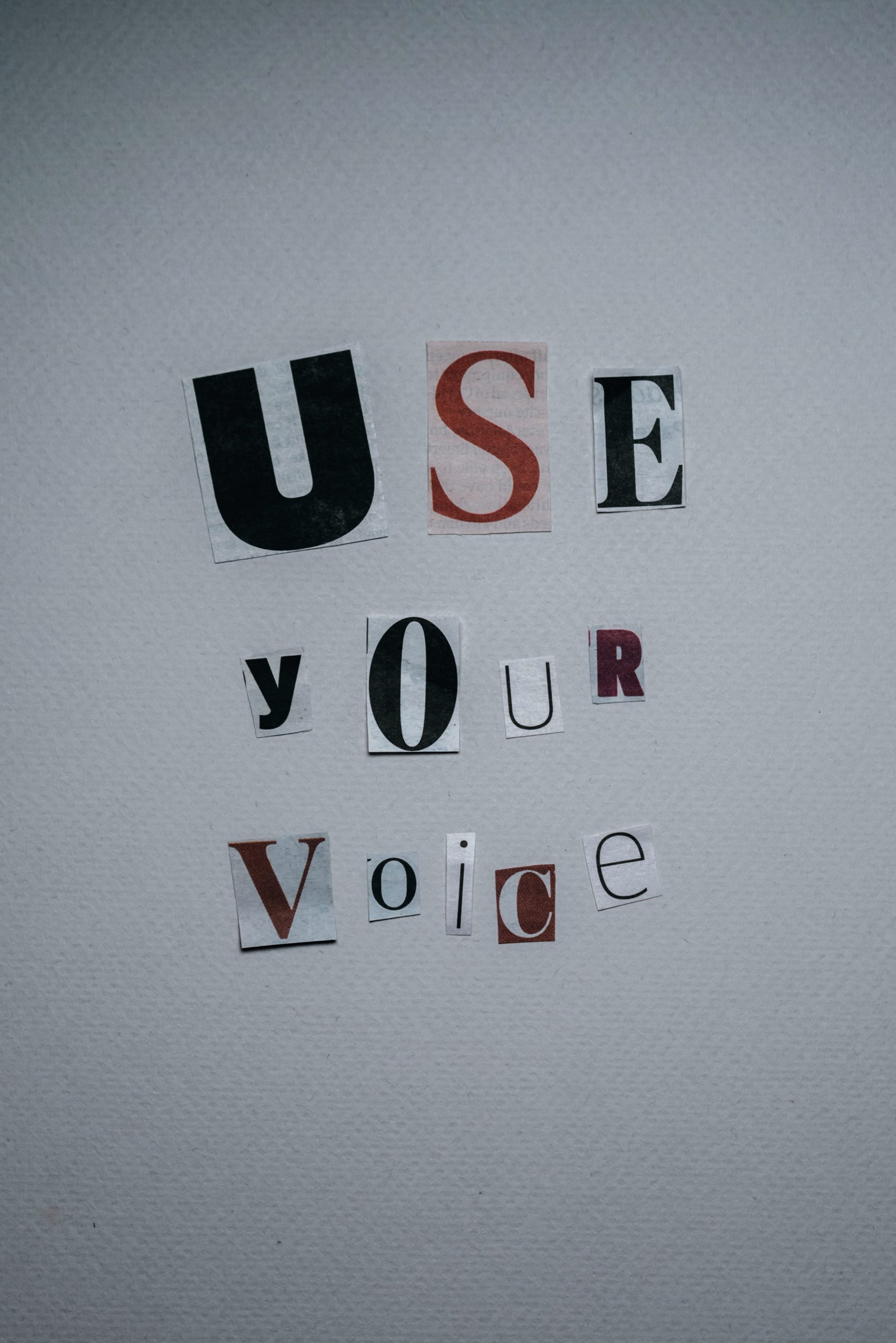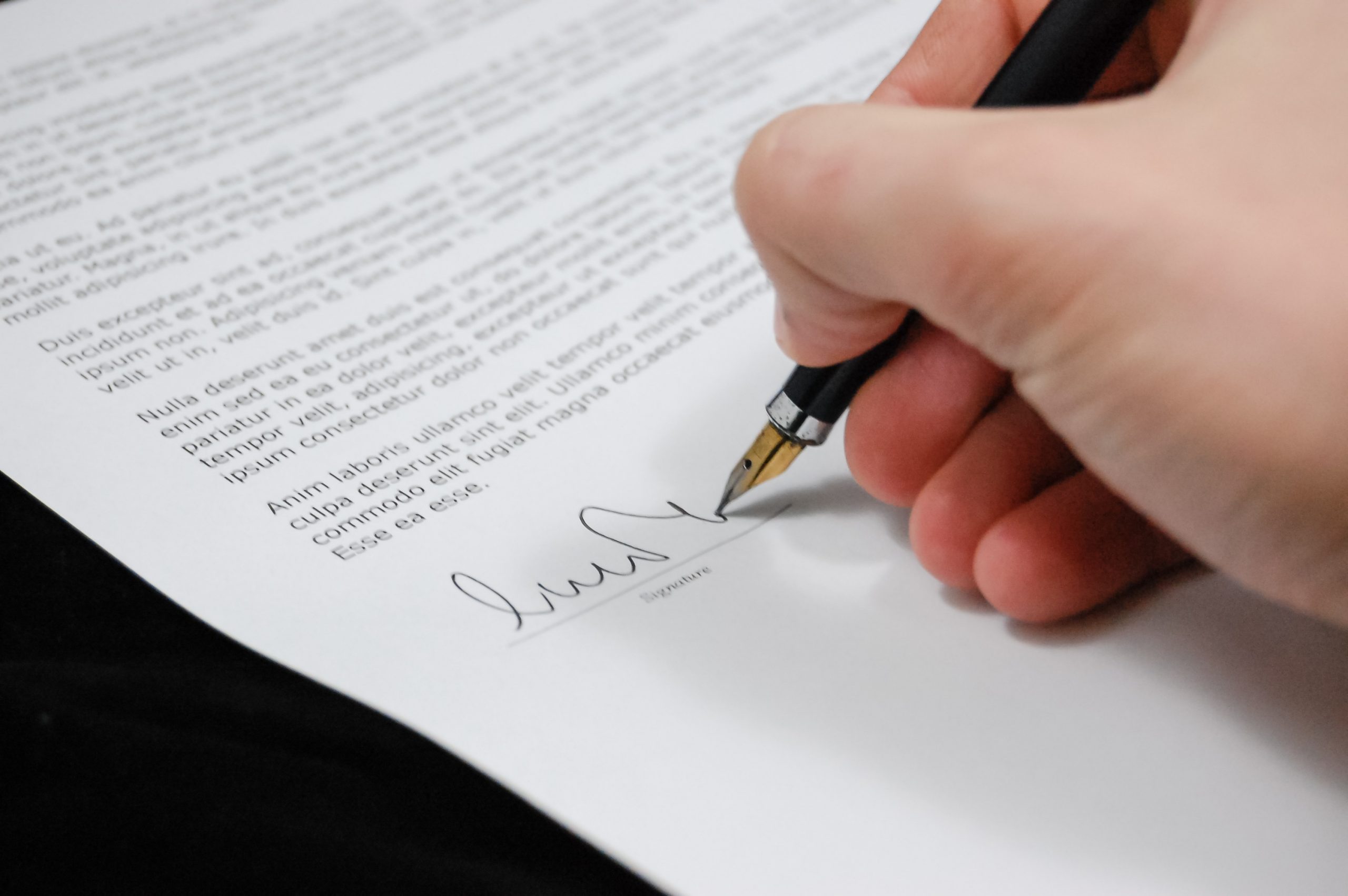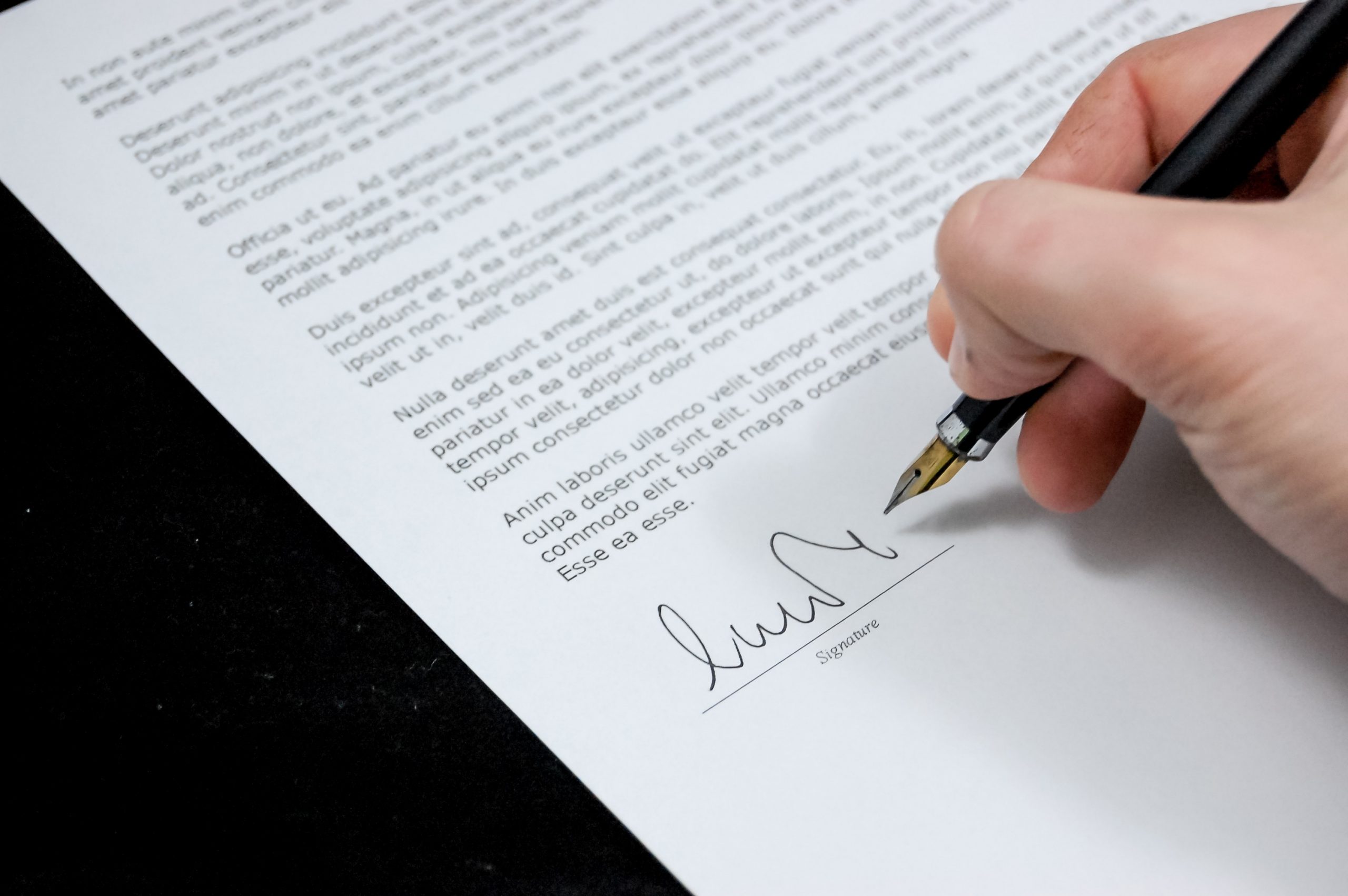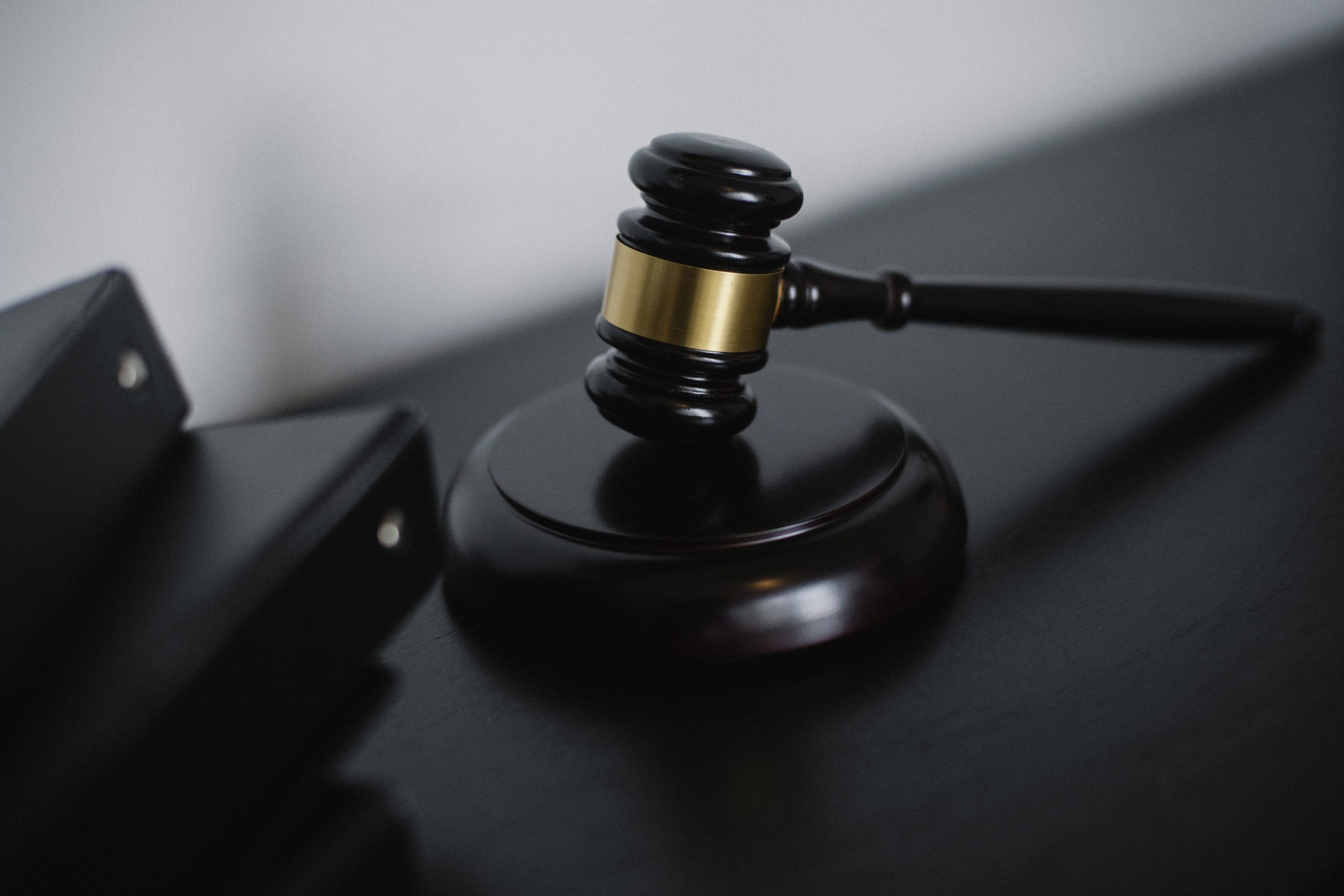In the realm of law, substantiation of claims is a crucial aspect that cannot be overlooked. Whether you are a business owner seeking legal representation or a company in need of legal advice, understanding the significance of substantiating your claims is essential. With the expertise and experience of a skilled lawyer, you can ensure that your claims are well-supported and credible. This article aims to shed light on the importance of substantiation in the legal landscape, providing valuable insights and guidance to empower businesses and individuals alike. By exploring frequently asked questions and supplying concise answers, we aim to equip readers with the knowledge they need to make informed decisions and seek legal assistance when necessary.
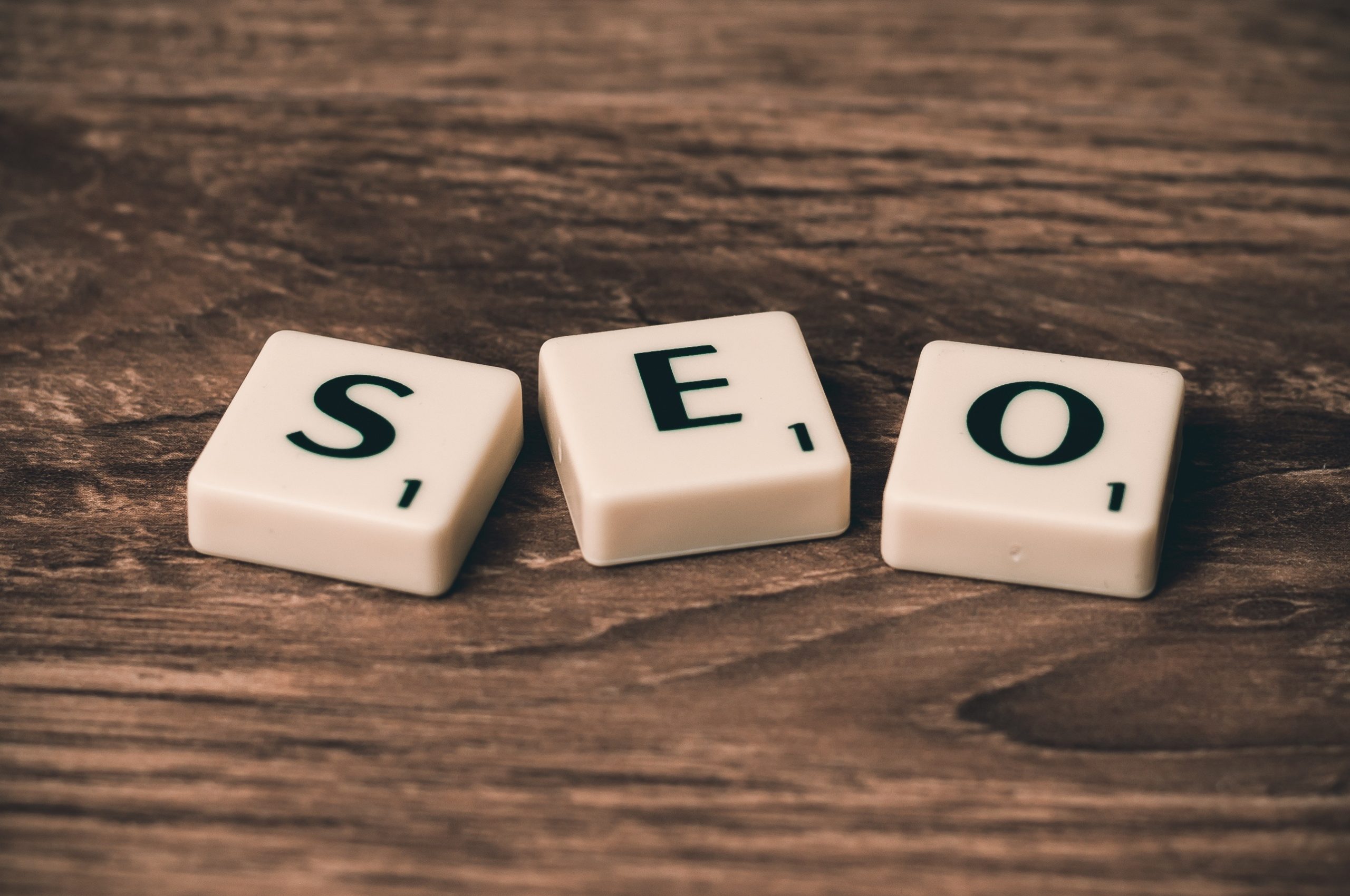
What is Substantiation of Claims?
Substantiation of claims refers to the process of providing evidence and documentation to support the validity and accuracy of any claims made. It is essential in various contexts, including legal disputes, business transactions, scientific research, and advertising. By substantiating claims, individuals and organizations can build credibility, avoid legal repercussions, and ensure compliance with regulatory requirements. This comprehensive article will delve into the importance of substantiating claims and provide insights into different types of claims, the substantiation process, common challenges, and the potential consequences of unsubstantiated claims.
Importance of Substantiating Claims
Avoiding legal disputes
In the legal realm, substantiating claims plays a crucial role in avoiding disputes. When parties fail to provide evidence supporting their claims, it can lead to lawsuits, unnecessary legal expenses, and damage to reputations. By substantiating claims from the outset, businesses and individuals can mitigate the risk of legal conflicts and ensure a stronger position in negotiations or court proceedings. An experienced lawyer can guide clients through the substantiation process, minimizing the potential for legal disputes.
Building credibility and trust
Substantiating claims is fundamental to building credibility and trust in various professional settings. Whether in business dealings, scientific research, or consumer advertising, providing evidence to back up statements ensures transparency and reliability. When businesses possess substantiated claims, they are more likely to win the trust of potential customers, partners, and investors. This can result in increased sales, collaborations, and overall success.
Meeting legal requirements
Numerous industries and jurisdictions have specific regulations that necessitate the substantiation of certain claims. For instance, in advertising and marketing, organizations must comply with advertising standards, which often require claims to be backed by credible evidence. Failure to meet these legal requirements can result in regulatory penalties, damaged reputation, and diminished consumer trust. Consulting with a lawyer knowledgeable in regulatory compliance can help businesses navigate the complex landscape of legal obligations and substantiation requirements.
Types of Claims
Factual claims
Factual claims are assertions that can be proven or disproven using empirical evidence. These claims are based on verifiable facts and objective data. Substantiating factual claims is crucial to support their accuracy and establish the truthfulness of statements. Examples of factual claims include statistical data, historical events, and scientific findings.
Legal claims
Legal claims are assertions made in the context of legal proceedings or disputes. These claims involve the interpretation and application of laws, regulations, and contractual agreements. Substantiating legal claims requires presenting relevant legal documents, court decisions, or expert opinions to support the position being argued. Examples of legal claims include breach of contract, negligence, or trademark infringement.
Scientific claims
Scientific claims are assertions made in the field of scientific research, usually backed by empirical evidence and rigorous methodology. These claims are subject to scrutiny and peer review within the scientific community. Substantiating scientific claims involves providing detailed research methodologies, data analysis, and expert opinions. Examples of scientific claims include theories, experimental results, and hypothesis testing.
Factual Claims
Definition of factual claims
Factual claims are statements that can be objectively proven or disproven using evidence and data. These claims are based on verifiable information and do not rely on subjective opinions or beliefs. Factual claims play a crucial role in various fields, including journalism, marketing, and academic research.
Examples of factual claims
Some examples of factual claims include:
- “The company’s revenue increased by 20% in the last quarter.”
- “The average monthly temperature in this region is 30 degrees Celsius.”
- “The product contains 100% organic ingredients.”
Importance of substantiating factual claims
Substantiating factual claims is essential to ensure the accuracy and credibility of information presented. Failure to provide evidence for factual claims can lead to legal consequences, reputation damage, and loss of trust. By carefully gathering and analyzing relevant evidence, individuals and businesses can confidently support their factual claims and uphold their integrity.

Legal Claims
Definition of legal claims
Legal claims are assertions made within the legal framework, usually in the context of disputes or legal proceedings. These claims involve the interpretation and application of laws, regulations, and contractual agreements. Substantiating legal claims is crucial to establish the validity of rights, obligations, and legal remedies sought.
Examples of legal claims
Some examples of legal claims include:
- The defendant breached the terms of the contract.”
- “The plaintiff suffered injuries due to the defendant’s negligence.”
- The company’s intellectual property rights were infringed upon.
Methods to substantiate legal claims
To substantiate legal claims, individuals or businesses can utilize various methods, depending on the nature of the claim and the legal requirements. These may include:
- Gathering relevant legal documents, such as contracts, agreements, or statutes, to establish the legal basis of the claim.
- Providing witness statements or affidavits from individuals with firsthand knowledge of the relevant events.
- Presenting expert opinions or testimonies to support complex legal arguments.
- Submitting documentary evidence, such as photographs, emails, or financial records, to demonstrate the sequence of events or the extent of damages suffered.
Scientific Claims
Definition of scientific claims
Scientific claims are assertions made within the realm of scientific research, usually based on empirical evidence and rigorous experimentation. These claims undergo scrutiny, peer review, and replication to ensure their reliability and validity. Substantiating scientific claims is essential to establish credibility within the scientific community and contribute to the advancement of knowledge.
Examples of scientific claims
Some examples of scientific claims include:
- “The efficacy of this new drug in treating a specific disease has been scientifically proven.”
- “Exposure to UV radiation increases the risk of developing skin cancer.”
- “The theory of evolution explains the diversification of species over time.”
Standards of substantiating scientific claims
To substantiate scientific claims, researchers must adhere to rigorous scientific methodologies and provide detailed documentation of their processes and findings. This includes:
- Conducting carefully designed experiments or studies that minimize bias and confounding factors.
- Collecting and analyzing data using appropriate statistical methods.
- Submitting research papers for peer review by experts in the field.
- Demonstrating reproducibility of results by independent replication.
- Ensuring transparency by sharing data, methodology, and conclusions with the scientific community.
Substantiation Process
Gathering evidence and documentation
The substantiation process begins with gathering relevant evidence and documentation to support the claims being made. This may involve collecting contracts, invoices, photographs, witness statements, scientific research papers, or any other material that directly or indirectly supports the claims. Diligent and thorough collection of evidence is crucial, as it forms the foundation for the substantiation process.
Analyzing evidence and documentation
Once the evidence and documentation have been gathered, they must be carefully analyzed to determine their reliability and relevance. This involves reviewing contracts and legal texts, scrutinizing research methodologies, verifying the authenticity of documents, and evaluating the credibility of witnesses. Legal professionals or subject matter experts play a vital role in analyzing the evidence to ensure its accuracy and admissibility.
Expert testimonies and opinions
In some cases, the substantiation process may require the expertise of professionals from various fields. Expert testimonies and opinions can provide valuable insights and interpretations that support the claims being made. Experts may include forensic accountants, engineers, medical professionals, or scientists, depending on the nature of the claims. Their expertise adds credibility and strengthens the substantiation process.
Common Challenges in Substantiation
Lack of evidence
One of the most significant challenges in substantiating claims is the lack of sufficient evidence. Insufficient evidence weakens the validity of claims and may result in them being dismissed or disregarded. To overcome this challenge, thorough research and diligent documentation are essential.
Conflicting evidence
Conflicting evidence poses another challenge in substantiating claims. In some cases, multiple sources of evidence may present contradictory information, making it difficult to determine the truth. In these situations, legal professionals or subject matter experts can help evaluate the credibility and weight of each piece of evidence to reach a reliable conclusion.
Insufficient expertise
Substantiating certain claims requires specialized knowledge and expertise. Lack of expertise in a particular field can hinder the substantiation process and limit the effectiveness of evidence presented. Engaging professionals or experts with relevant knowledge can help address this challenge and ensure accurate and comprehensive substantiation.

Consequences of Unsubstantiated Claims
Legal implications
Unsubstantiated claims can have severe legal implications. In legal disputes, claims without proper evidence may result in judgments against the party making the claim or lead to the dismissal of the claim altogether. Legal consequences can include financial penalties, reputational damage, or even criminal charges in cases involving false statements or fraud.
Reputation damage
Making unsubstantiated claims can significantly damage an individual or organization’s reputation. In business contexts, unsubstantiated claims undermine credibility and may lead to loss of customers, partners, and investors. Building a solid reputation takes time and effort, and unsubstantiated claims can quickly erode the trust and goodwill established over years of hard work.
Financial repercussions
For businesses, unsubstantiated claims can have significant financial repercussions. Consumers who feel deceived or misled by false claims may seek refunds, file lawsuits, or report the business to regulatory authorities. Litigation costs, potential settlements, and damage awards can impose a heavy financial burden on businesses.
Frequently Asked Questions
Can a claim be substantiated without evidence?
No, a claim cannot be substantiated without evidence. The process of substantiating claims involves providing factual, legal, or scientific evidence to support the validity and accuracy of assertions. Omitting evidence or relying solely on personal beliefs or opinions diminishes the value and credibility of the claim.
What happens if a claim cannot be substantiated?
If a claim cannot be substantiated, it may be disregarded or challenged by opposing parties. In legal disputes, this can weaken the position of the party making the claim or result in the claim being dismissed altogether. It is crucial to ensure proper substantiation to avoid legal consequences and protect one’s rights and interests.
Can expert testimonies always be relied upon?
While expert testimonies can provide valuable insights, they are not infallible. The credibility of expert testimonies depends on factors such as their qualifications, experience, the soundness of their methodology, and their objectivity. It is essential to evaluate the expert’s credentials and the robustness of their opinions before relying on them to substantiate claims.
What is the cost of substantiating claims?
The cost of substantiating claims can vary depending on the nature and complexity of the claims, the availability of evidence, and the need for expert opinions. Legal professionals and subject matter experts may charge fees for their services, and gathering evidence and documentation may also incur costs. It is advisable to consult with professionals to get an estimate of the potential costs involved.
How long does the substantiation process take?
The duration of the substantiation process depends on various factors, including the complexity of the claims, the availability of evidence, the need for expert opinions, and the legal or regulatory requirements. Some claims may be substantiated relatively quickly, while others may require significant time and resources. Consulting with a lawyer can provide a better understanding of the expected timeline for substantiating specific claims.
In conclusion, substantiating claims is crucial in various professional contexts to avoid legal disputes, build credibility, and meet legal requirements. Factual, legal, and scientific claims require different approaches to substantiation, involving the gathering and analysis of evidence, documentation, and potentially expert opinions. The process may face challenges such as lack of evidence, conflicting evidence, or insufficient expertise, but properly substantiating claims is essential to avoid legal implications, reputation damage, and financial repercussions. Seeking the guidance of a knowledgeable lawyer can provide valuable assistance in navigating the substantiation process and ensuring compliance with legal obligations.
Legal Consultation
When you need help from a lawyer call attorney Jeremy D. Eveland, MBA, JD (801) 613-1472 for a consultation.
Jeremy Eveland
17 North State Street
Lindon UT 84042
(801) 613-1472


















